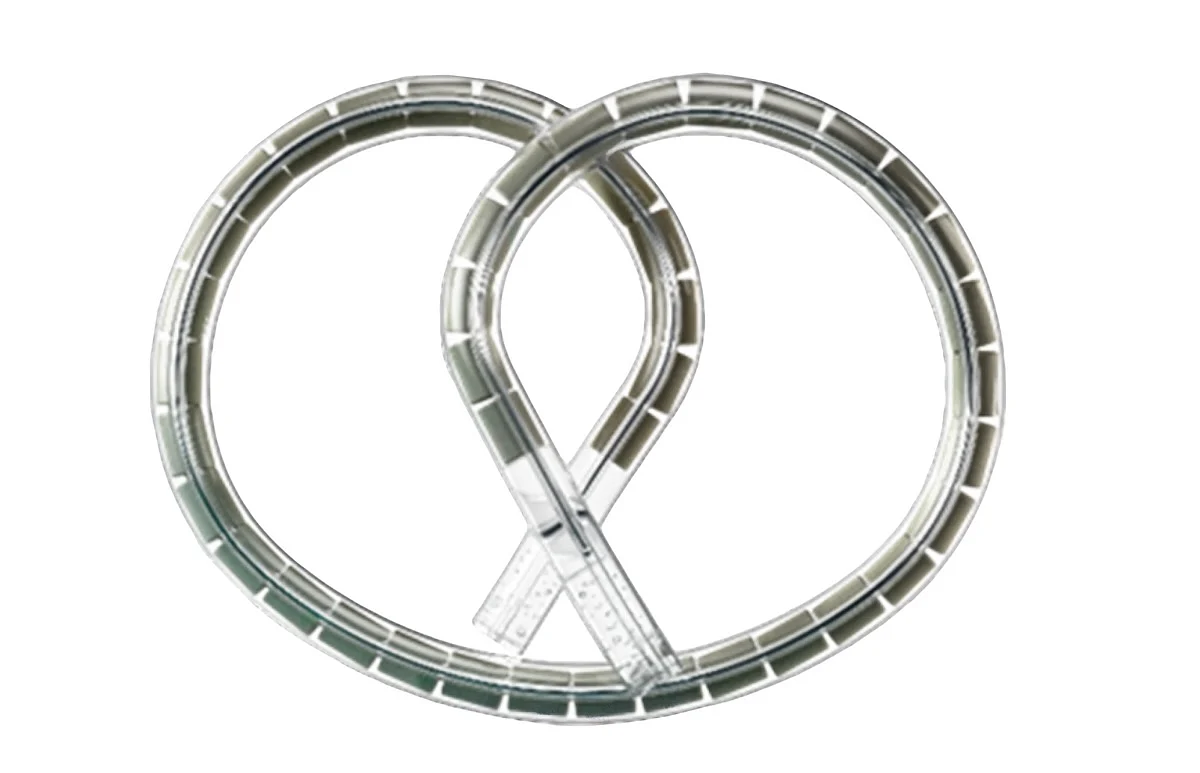Get Healthy!

- Posted August 18, 2025
Device Eliminates Bladder Cancers in 4 of 5 Cases
A new implant eliminated bladder cancer in more than 4 out of 5 high-risk cases, new clinical trial results show.
The miniature pretzel-shaped device, dubbed TAR-200, slowly releases the chemotherapy drug gemcitabine into the bladder, researchers said.
The implant eliminated tumors in 82% of patients with high-risk, treatment-resistant bladder cancer, according to results from a phase 2 clinical trial.
Most bladder cancers treated with TAR-200 disappeared after only three months of treatment, researchers reported recently in the Journal of Clinical Oncology.
Almost half the patients were cancer-free a year later, researchers said.
“Traditionally, these patients have had very limited treatment options,” lead researcher Dr. Sia Daneshmand, director of urologic oncology at Keck Medicine of USC, said in a news release. “This new therapy is the most effective one reported to date for the most common form of bladder cancer.”
Traditionally, gemcitabine is introduced into the bladder as a liquid that only remains there for a few hours before being expressed, researchers said. Because of that, the chemo drug has had a limited effect against the cancer.
“The theory behind this study was that the longer the medicine sits inside the bladder, the more deeply it would penetrate the bladder and the more cancer it would destroy,” Daneshmand said.
Developed by Johnson & Johnson, the TAR-200 device is inserted into the bladder through a catheter. Once inside, it slowly and consistently releases gemcitabine into the bladder for three weeks per treatment cycle.
For the new clinical trial, researchers treated 85 patients with non-muscle-invasive bladder cancer, which is the most common form of bladder cancer. Their cancers all were considered high risk because they had a higher chance of recurrence or of spreading elsewhere in the body.
All of the patients previously had been given standard treatment for this type of bladder cancer, an immunotherapy drug called Bacillus Calmette-Guérin, but their cancer had returned.
The next step typically would be to surgically remove the bladder, but this carries many health risks and can dramatically impact the patient’s quality of life, Daneshmand said.
Instead, researchers gave patients the TAR-200 implant every three weeks for six months, and then four times a year for the next two years.
The cancer disappeared in 70 of 85 patients, results show. For almost half, their cancer was still gone a year later.
“It appears that having the chemotherapy released slowly over weeks rather than in just a few hours is a much more effective approach,” Daneshmand said.
The U.S. Food and Drug Administration (FDA) has granted TAR-200 a New Drug Application Priority Review, which means the agency will expedite its review of the device, researchers said.
The trial was sponsored by Janssen Research & Development, a Johnson & Johnson company.
More information
The American Cancer Society has more on bladder cancer.
SOURCE: Keck Medicine of USC, news release, Aug. 13, 2025





